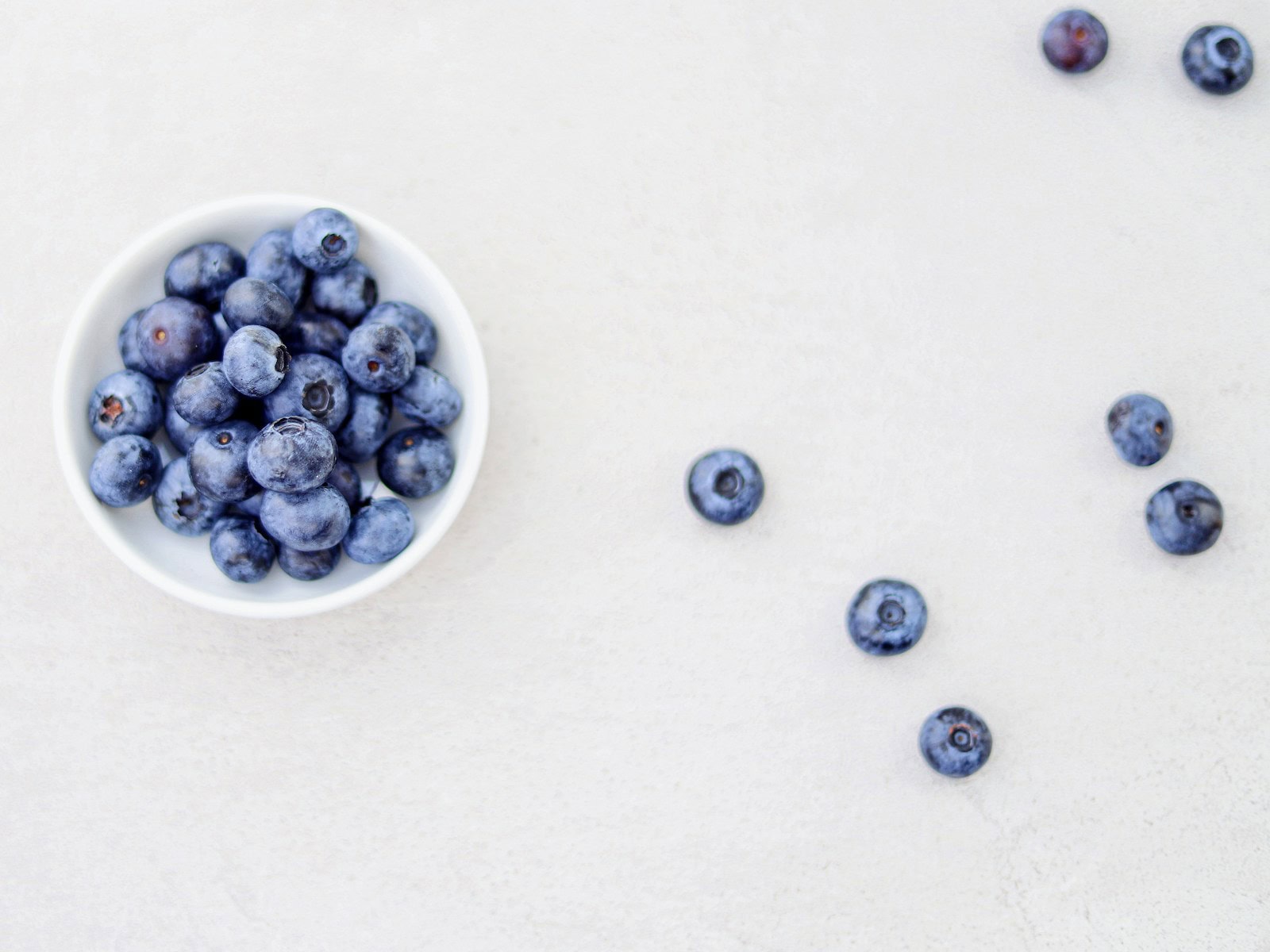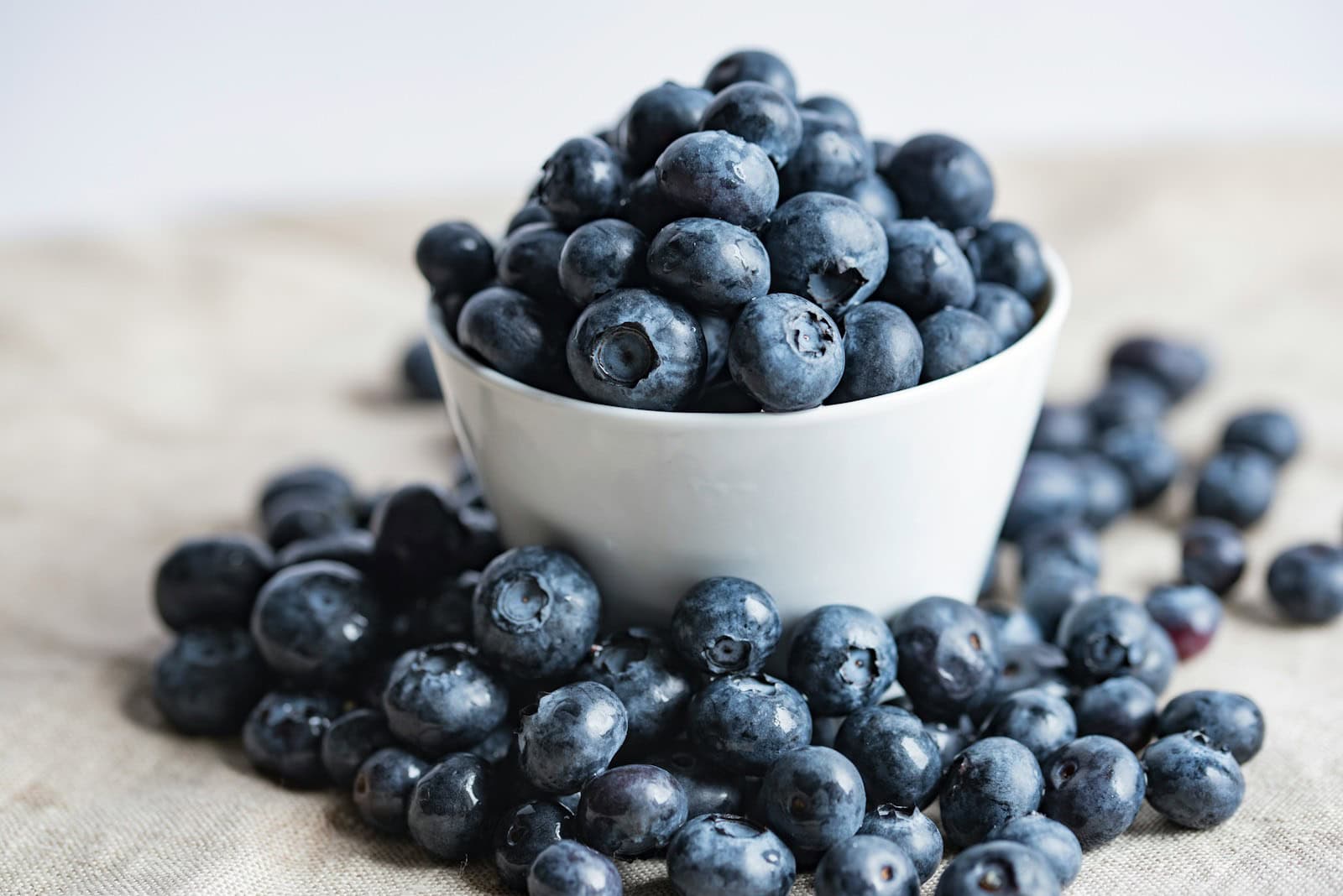Chickens, like many other pets, can have varied diets consisting of grains, vegetables, and fruits. Among the various treats available, blueberries emerge as a nutritious option for these feathered birds.
While humans enjoy blueberries for their flavor and health benefits, you might wonder if these benefits translate to chickens as well. It is indeed safe for chickens to consume blueberries in moderation. These berries offer a valuable source of vitamins, antioxidants, and fiber, which are beneficial to their health.
However, when incorporating blueberries into a chicken’s diet, it’s important to balance them with their regular feed. Blueberries should not displace the primary nutrition that chickens receive from their staple food.
It’s also essential to consider the potential side effects that could arise from overindulgence.
Proper preparation and portion control are key when feeding chickens blueberries to avoid any negative impact on their health.
Key Takeaways
- Blueberries are a safe and nutritious treat for chickens when given in moderation.
- They offer vitamins and antioxidants that can contribute to the health of chickens.
- Overfeeding blueberries can lead to health issues, thus moderation and balance are crucial.
Benefits of Blueberries for Chickens
Incorporating blueberries into a chicken’s diet can offer a range of health benefits due to their nutritional composition and antioxidant properties. They also serve as an enjoyable treat that can stimulate natural foraging behaviors.
Nutritional Value
Blueberries are a nutritious treat for chickens, providing essential vitamins and minerals that support overall health.
They are a great source of vitamins A, C, and K, which are important for vision, immune function, and blood clotting, respectively.
Additionally, blueberries include vital minerals such as phosphorus, magnesium, and manganese, contributing to the development of strong bones and enzymatic functions.
Learn more about the nutrient content of blueberries for chickens.
| Vitamins | Minerals |
|---|---|
| Vitamin A | Phosphorus |
| Vitamin C | Magnesium |
| Vitamin K | Manganese |
Antioxidant Properties
Blueberries are high in antioxidants, which are compounds that help protect the body’s cells from damage.
The antioxidants found in blueberries, such as anthocyanins, can help chickens maintain a healthy immune system. They are also believed to support cardiovascular health.
For more details on the benefits of feeding chickens blueberries as treats, see the pros of adding blueberries to a chicken’s diet.

Behavioral Stimulation
Offering blueberries can stimulate a chicken’s natural foraging instincts, leading to behavioral enrichment.
Chickens find enjoyment in pecking at these small, whole fruits, which keeps them active and engaged in their environment.
This type of treat can reduce stress and promote mental well-being.
For insights on the behavioral benefits, explore how blueberries influence chickens’ activities.
Feeding Guidelines and Precautions
When incorporating blueberries into a chicken’s diet, adhering to proper portion control, ensuring correct preparation, and being aware of potential risks are essential for their health and well-being.
Portion Control
Chickens should consume blueberries in moderation as part of a balanced diet.
A commonly recommended ratio is the 90-10% rule, where blueberries and other treats should not exceed 10% of their overall diet.
Chickens may have blueberries two to three times a week, ensuring the bulk of their intake remains as standard feed.
Preparation and Serving
Blueberries should be provided to chickens fresh and whole, free from molds or decay.
They can easily swallow blueberries whole, without the need for chopping or mashing.
For ease of access and to encourage foraging behavior, blueberries can be scattered on the ground or placed in a treat dispenser.
Potential Risks
While blueberries are safe and nutritious, there are risks when fed in excess. These include obesity or nutritional imbalances.
Ensure that any introduction to blueberries or other new foods is done gradually. This is to monitor for any negative reactions, such as changes in droppings or behavior.
Always remove any uneaten blueberries to prevent spoilage and attraction of pests in the coop area.




Leave a Comment